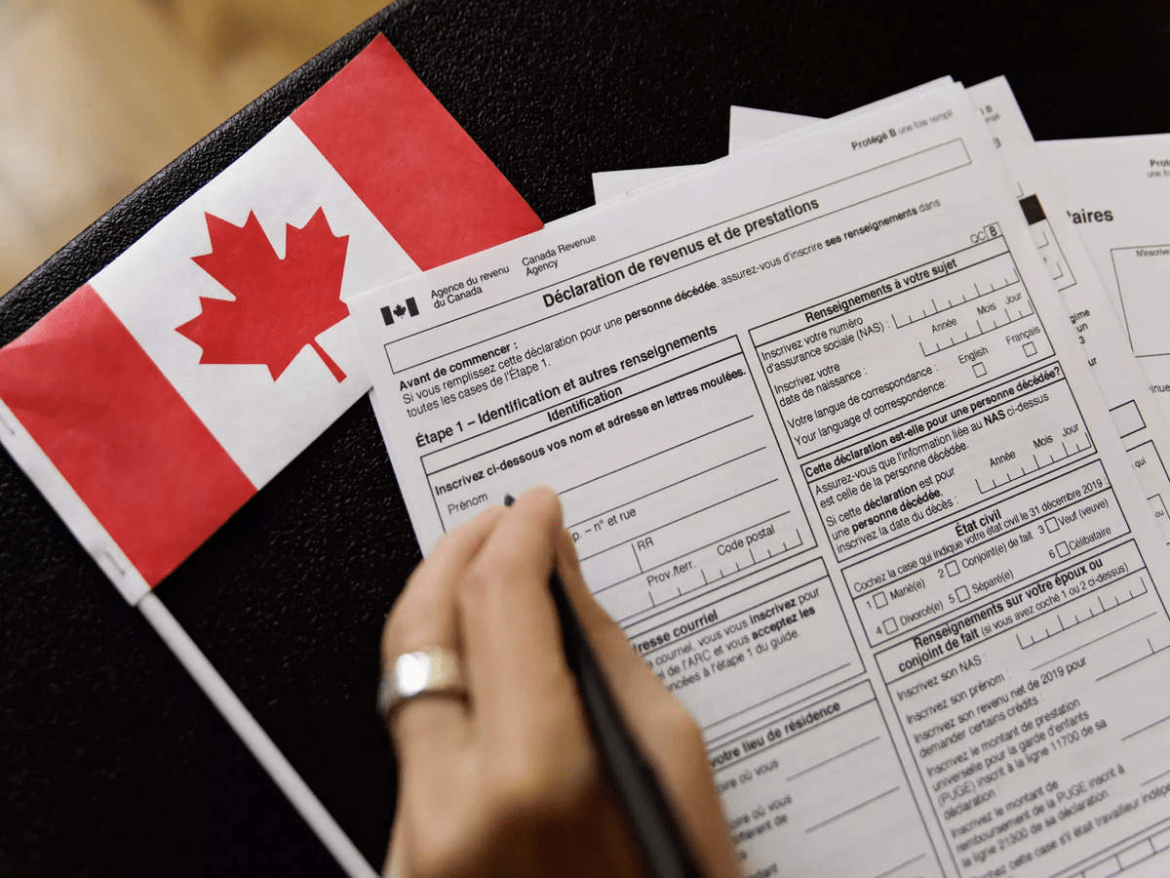AI Generated Summary
- As Canada navigates this complex landscape, the insights from the Environics Institute provide a crucial understanding of the evolving attitudes that will shape the country’s approach to immigration in the years to come.
- “For the first time in over two decades, a clear majority of Canadians are expressing concerns about the number of immigrants the country is accepting.
- Public sentiment in Canada is shifting, with a recent study indicating that a majority of Canadians now feel the country is welcoming too many immigrants.
Public sentiment in Canada is shifting, with a recent study indicating that a majority of Canadians now feel the country is welcoming too many immigrants. The Environics Institute for Survey Research released its latest findings, revealing that 58% of Canadians believe the nation is accepting an excessive number of immigrants—a significant increase from previous years.
The Environics Institute, founded by Michael Adams in 2006, has been at the forefront of public opinion and social research in Canada. Their ongoing survey on immigration, the longest-running of its kind in the country, highlights a growing unease among Canadians regarding immigration levels. The study, published on the institute’s website this week, shows a 14 percentage point rise since 2023, building on a 17-point jump from 2022 to 2023.
“This marks a pivotal change in Canadian attitudes towards immigration,” said Dr. Emily Thompson, a lead researcher at Environics. “For the first time in over two decades, a clear majority of Canadians are expressing concerns about the number of immigrants the country is accepting.”
The survey also uncovered deeper anxieties related to the integration of immigrants. Approximately 43% of respondents believe that many individuals claiming refugee status are not genuine refugees, up seven points from the previous year. Additionally, 57% feel that a significant number of immigrants are not adopting Canadian values, marking a nine-point increase since 2023. These concerns have surged after years of relative stability in public opinion.
Interestingly, the study found that these opinions are consistent across racial lines, with both racialized Canadians and those identifying as white sharing similar views on immigration levels and cultural integration.
The rapid shift in public opinion is unprecedented, with the highest levels of concern since 1998. “This trend has accelerated remarkably over a two-year period,” Dr. Thompson noted. “Since Focus Canada began tracking this issue in 1977, we’ve never seen such a pronounced change in just a few years.”
Geographically, the sentiment is strongest in the Prairie provinces, where 80% of Conservative Party supporters now agree that Canada is accepting too many immigrants. In contrast, support for lower immigration levels is least pronounced in Quebec. Among Liberal Party supporters, 45% share this concern, while 36% of NDP supporters do as well.
Despite the growing apprehension, there remains a significant portion of the population that recognizes the economic benefits of immigration. However, this optimistic view has declined for the second year in a row, with 68% still acknowledging the positive impact on the Canadian economy. This decline is particularly notable in the Prairie provinces and among younger Canadians aged 18 to 29.
The study also delved into the reasons behind the opposition to higher immigration levels. Key concerns include the ability to accommodate newcomers amid housing shortages and affordability issues, economic stability, overpopulation, and potential strains on public finances.
These public sentiments come at a time when Canada’s Immigration Levels Plan for 2024-2026 aims to welcome a substantial number of new immigrants. The plan outlines the intake of 485,000 immigrants in 2024, followed by an additional 500,000 each year in 2025 and 2026, as reported by the Asia Pacific Post.
The stark contrast between government policy and public opinion raises critical questions about the future of immigration in Canada. Policymakers may need to address these growing concerns to maintain social cohesion and ensure that immigration continues to contribute positively to the nation’s development.
As Canada navigates this complex landscape, the insights from the Environics Institute provide a crucial understanding of the evolving attitudes that will shape the country’s approach to immigration in the years to come.\




